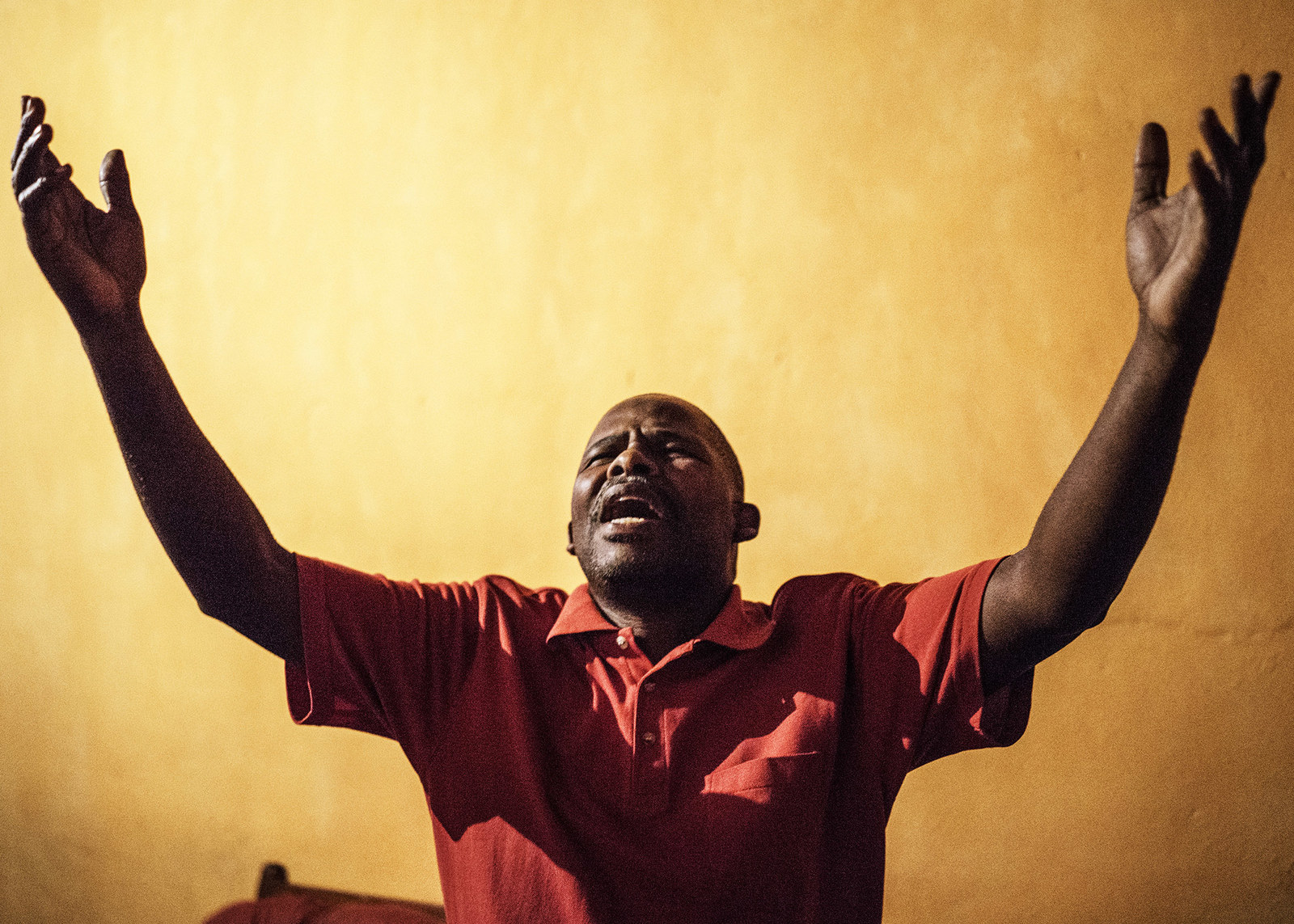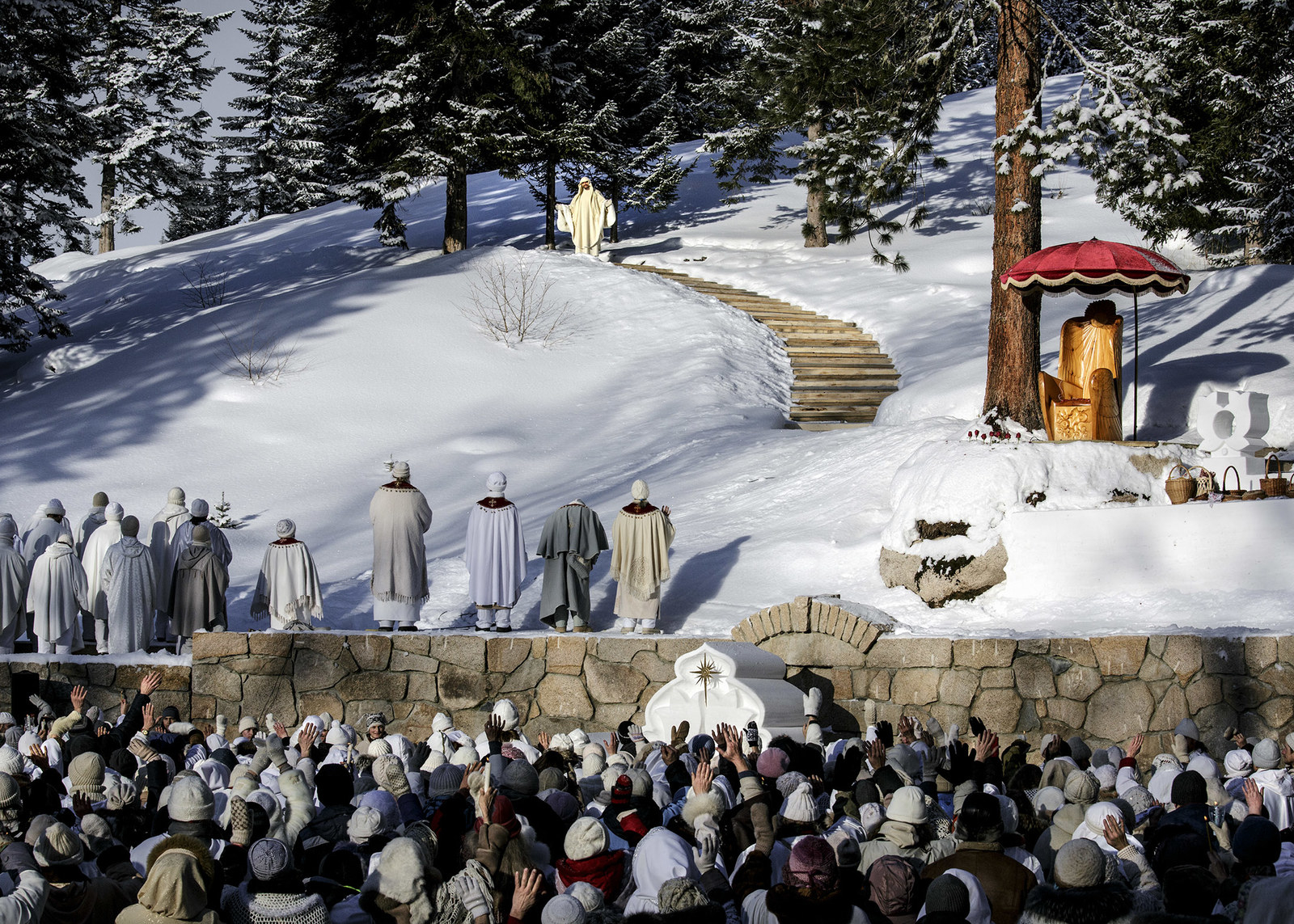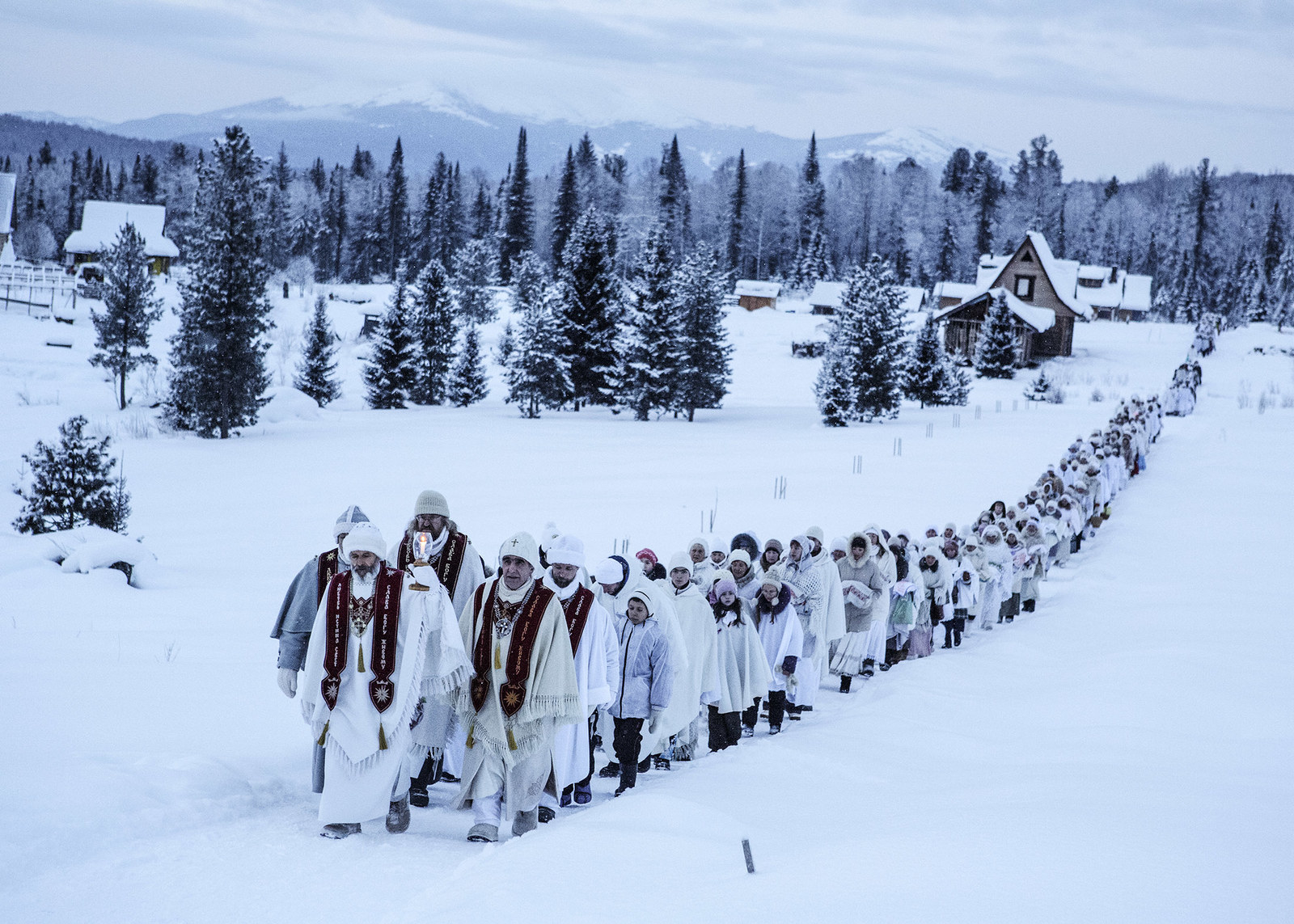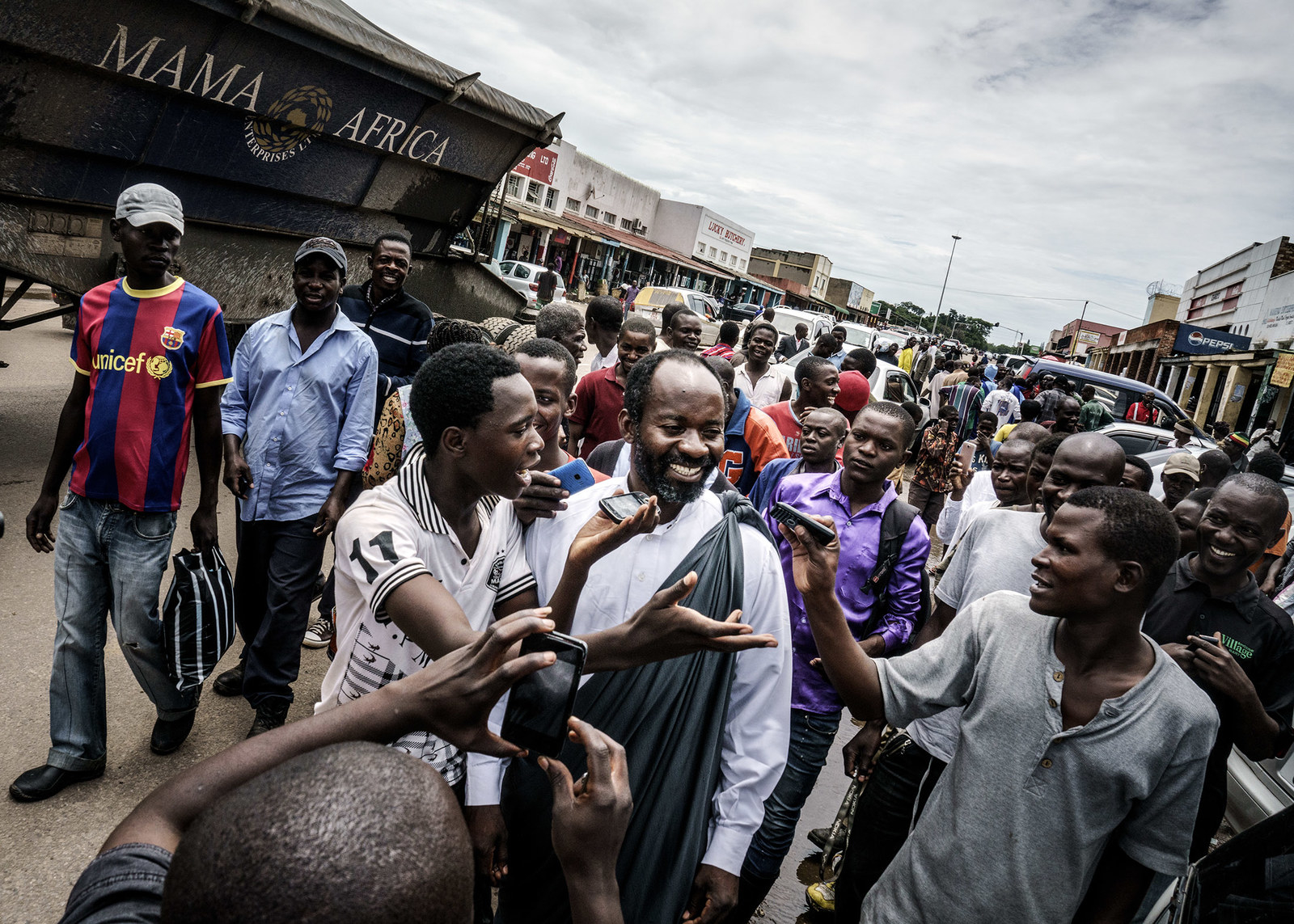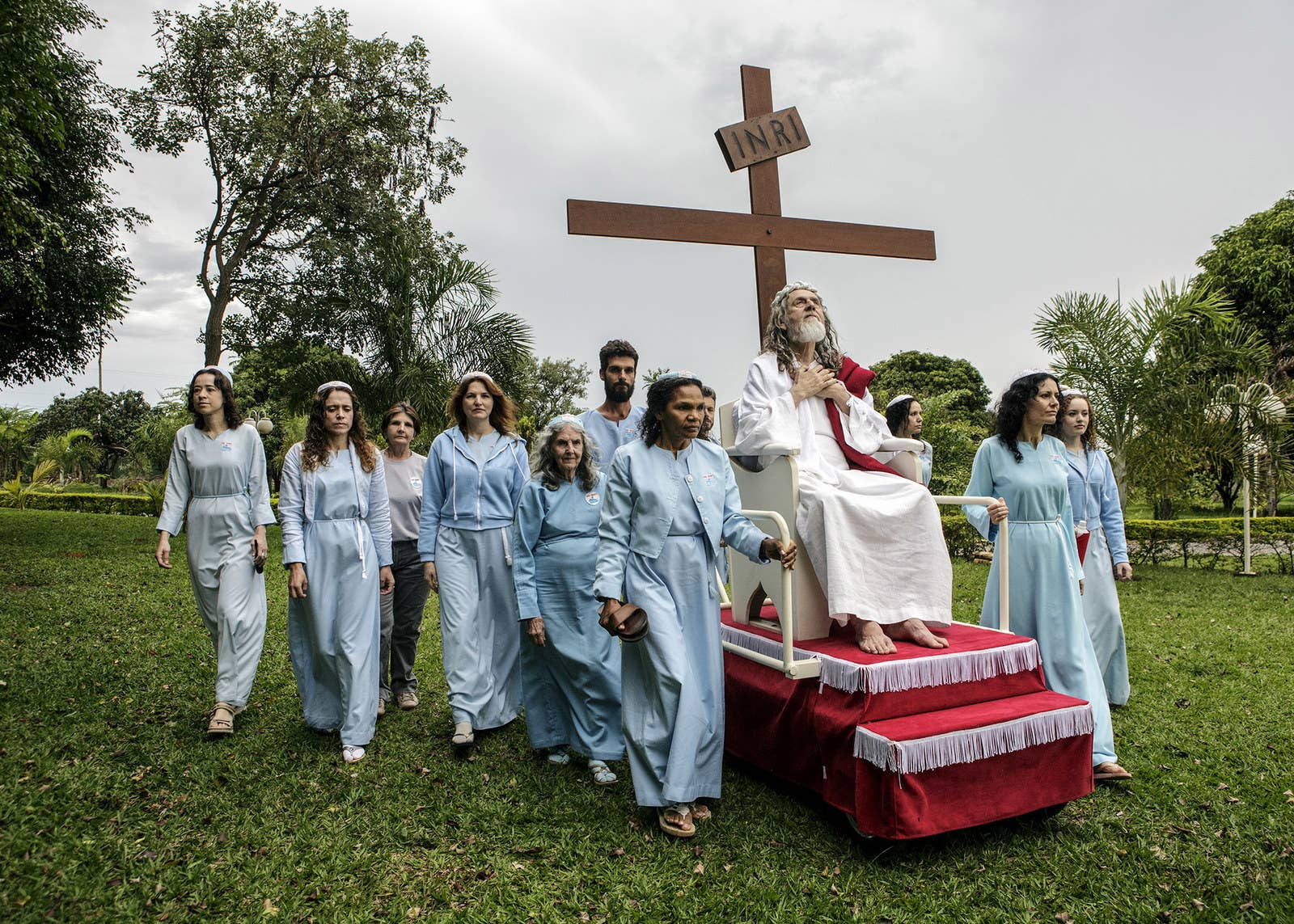
Jonas Bendiksen is a Norwegian photographer based in Oslo whose work examines the fringes of culture to capture a wider perspective of the world we live in.
Since 2014, Bendiksen has been following seven self-proclaimed Messiahs from around the world, each truly believing that they are the second coming of Jesus Christ. His new book, The Last Testament, chronicles his journey. Here, Bendiksen shares photos from the project, as well as his thoughts on religion, the second coming of Christ, and his personal expectations in meeting the "Messiah."
Christians have been waiting for Jesus's return to earth to bring the end times and God's Kingdom ever since St. Paul wrote his letters in the first century. Actually, when you read Paul's writings, it's clear that he expected Jesus to return in his own lifetime. So according to the people and communities I've photographed, this 2000-year-long wait is finally over, and Jesus is again walking among us. I've tried to take each Messiah's claims as seriously as possible and tried to see what the world looks like from that perspective. What are the implications for humanity if this particular Messiah is in fact the Chosen One?
I guess the project has been growing in me over the last decade, a wish to explore faith and religion itself. I grew up in a rather godless home, so faith has always been a bit of a mystery to me — and yet one can open any newspaper on any given day and see religion's influence and standing in society. So I've had an urge to try to grapple with this a bit. I've always been a slave of science, logic, reason, and things I can touch and feel. I've never been able on willpower alone to shut off that switch. Maybe that is why faith is so fascinating to me. So when the opportunity appeared to actually go and meet Jesus himself, to be able to ask some questions and get answers, and to feel what it is like to be in the room with something divine — well, that was pretty much irresistible for someone like me.

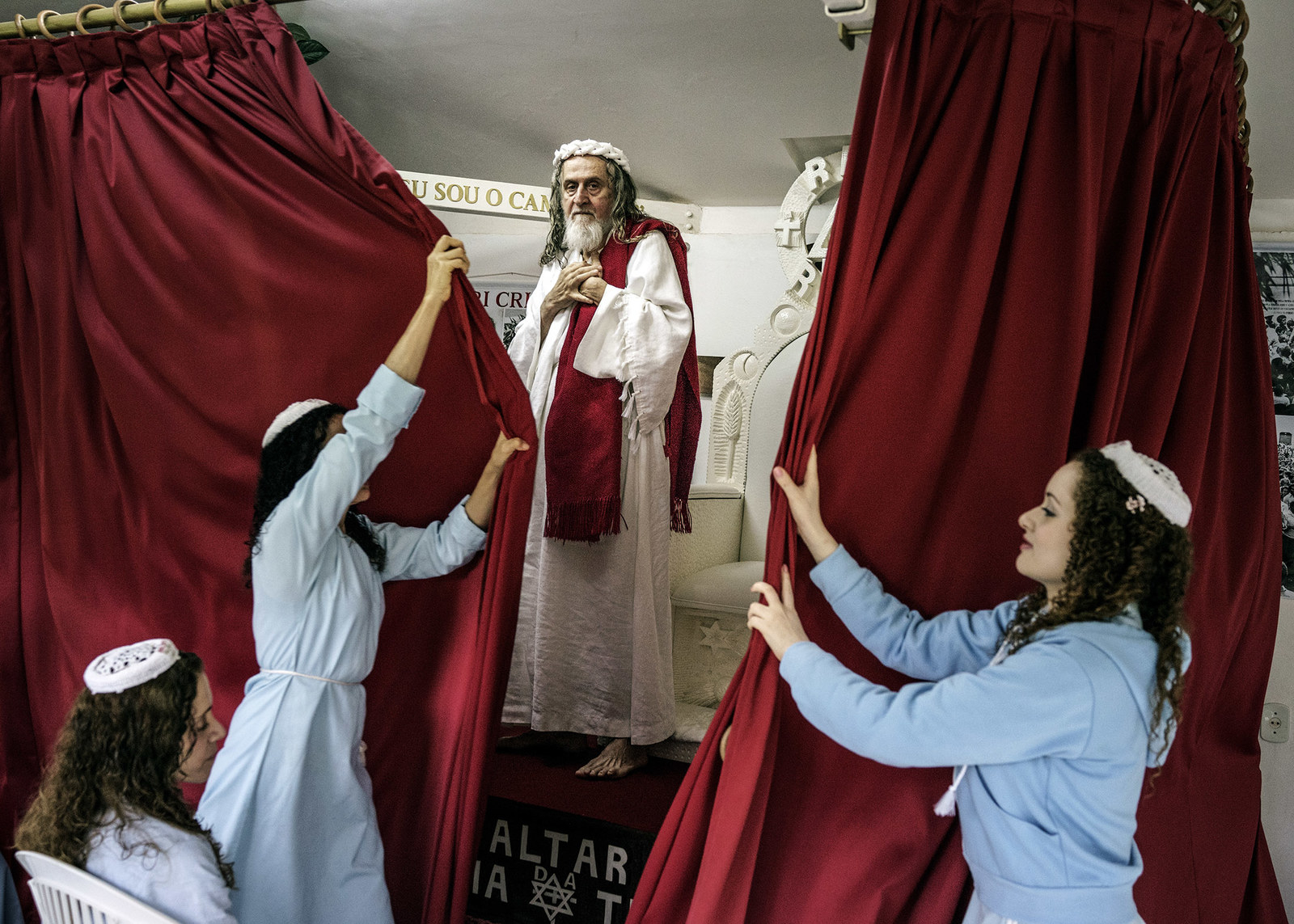
In the end, this project is about who we are and our place in the universe. The world looks very different if you really believe we are in the end times and that the Son of God has returned. It was a chance to explore some big questions: Who has the power of definition to mark the point on the line where faith separates from delusion — to say to believe one thing is per definition madness, but another is completely ordinary? For me, having grown up without God, it was a chance to ask myself if the critical question of whether something is true or not. In my life, I've always had a feeling this is the key question in almost any given situation: Is it true? Is he really the Messiah? But many of the disciples I met were for sure living very meaningful lives, centered around their God. So I had to ask myself many times if it really were so important to know for sure whether this Messiah truly was divine or not. I guess I've become a lot more humble before that question of truth/fact than I was before.
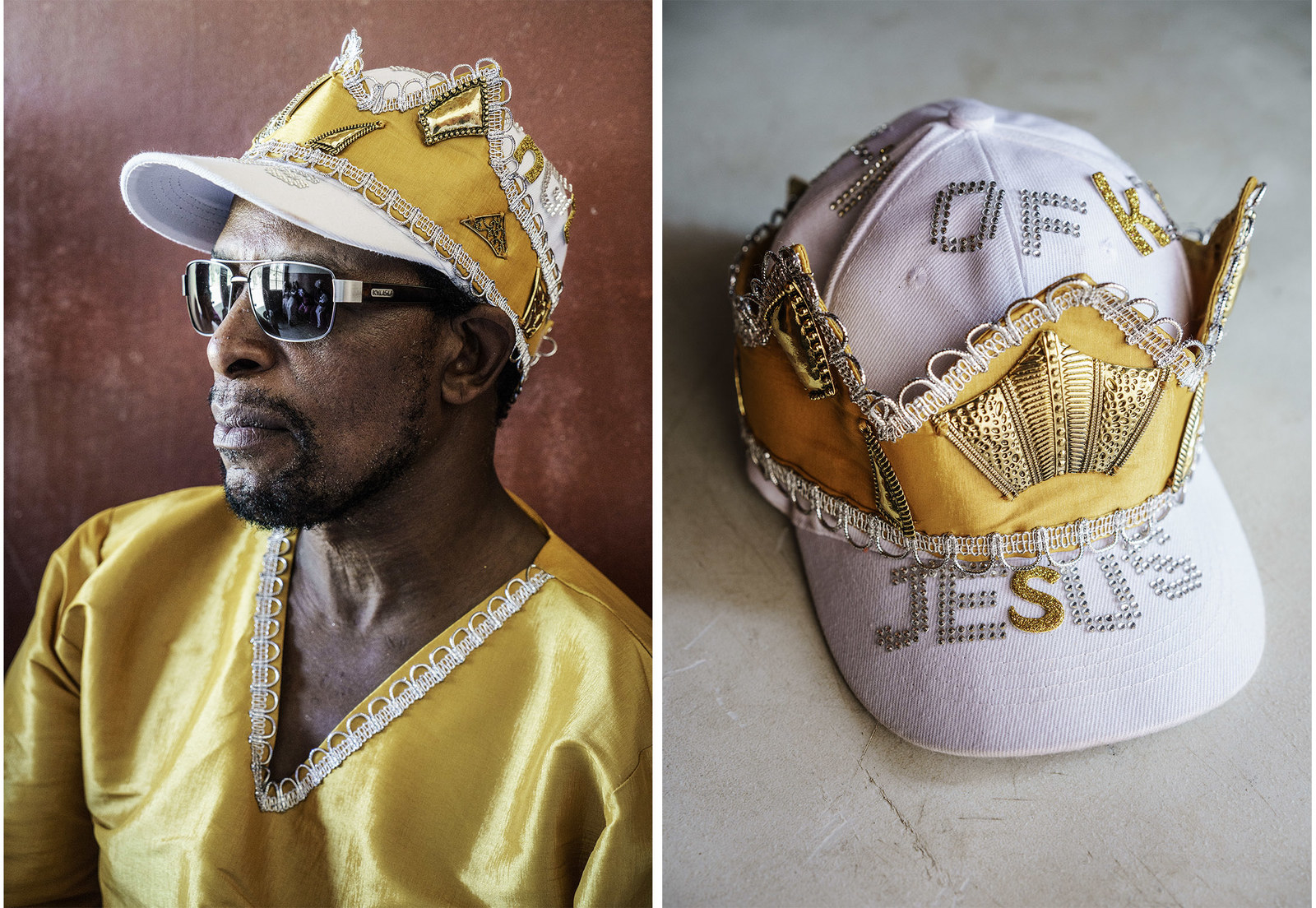
I hope people, if they are skeptical of these Messiahs or their followers, can ask themselves: What exactly is it that makes their theology or beliefs any less plausible than other more mainstream faith? People of faith often believe many things that defy logic — resurrection, the ability to talk to God (prayer), healing, the power of miracles. Why is one so sure that they would be able to identify the Messiah upon his return today? When he walked around as Jesus of Nazareth, very few were able to identify him as the Son of God. According to the Gospels, he had almost no traction among the learned mainstream, the people of power and wealth, the establishment. Why would we be surprised that he comes back again in a similar form?
As I've understood it, one of the things people love the most about the Gospels' stories about Jesus is that he hung out with the lepers and prostitutes, the destitute, the outsiders, and didn't pander to the establishment. It says many places in Scripture that the Messiah will return "as a thief in the night." In other words: in an unexpected way, in the form, and at a time you don't expect. If one believes one day Jesus will return, wouldn't one at least want to check some of these guys out?
